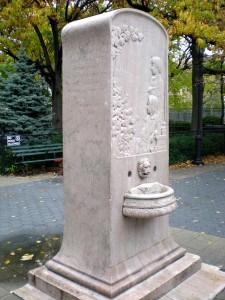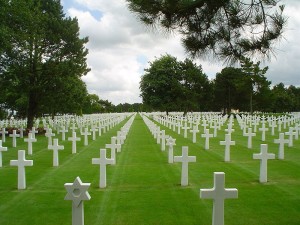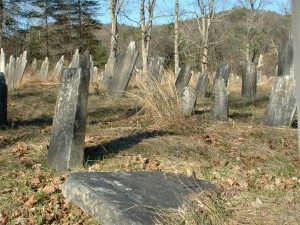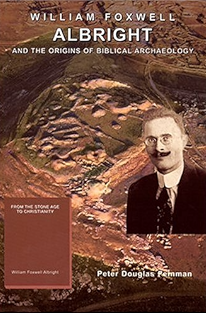
How should we remember 9/11? I began to think about this more as the date for the opening of the 9/11 Museum neared. By coincidence, I was invited by City Wonders to take one of its tours and I chose the 9/11 Memorial Tour. This was just prior to the opening of the museum in May.
9/11 and that tour are responsible for the recent series of posts on remembering the dead. For me, it is important to understand 9/11 in context. That means not only the historical context in which the event occurred but the historical context in which we remember historical events. Our Thanksgivings, Christmases, and Passovers aren’t the same as our ancestors, nor is Memorial/Decoration Day. As a result, I began to write about different ways and circumstances in which we remember those who have died. Continue reading “Unexpected Deaths and Historical Memory”







